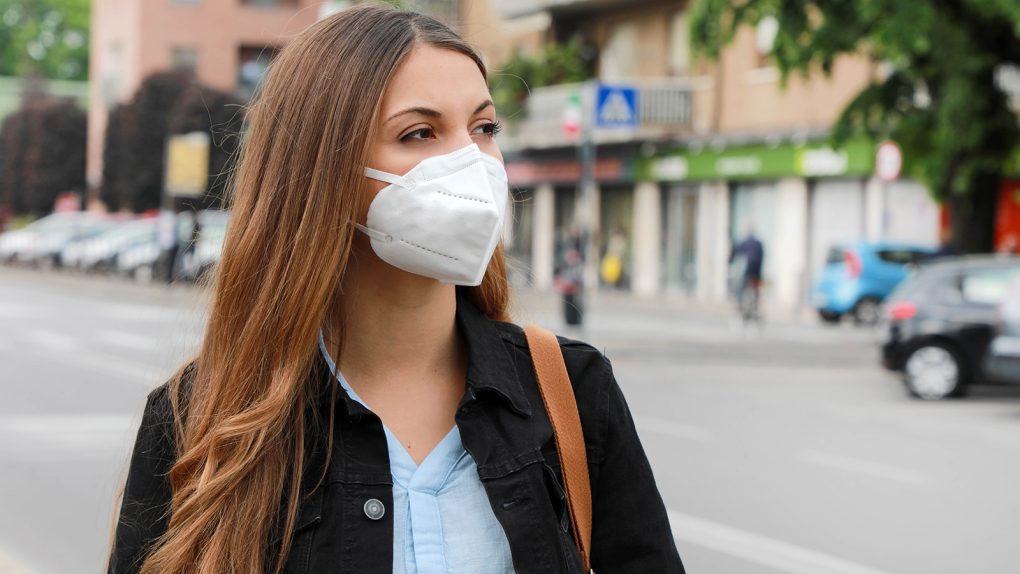- Promising coronavirus vaccine progress has been observed for several experimental drugs so far, with some of them approaching the final stage of testing.
- As researchers approach the critical Phase 3 stage, some of them worry that the vaccines might not be suitable for the elderly, which is the group most likely to develop complications and die from COVID-19.
- Immunization policies will have to be implemented to ensure the at-risk categories are protected as quickly as possible, including older people and professions that could be exposed to COVID-19 with regularity.
Around 10 of the more than 130 coronavirus vaccine candidates that are in development right now have reached various stages of human trials, showing promising results so far. The drugs generated neutralizing antibodies that could block the virus from replicating. Some of these vaccines are closing in on Phase 3, which they could complete by the end of the summer. If the conclusions are satisfactory, they could be approved for emergency use as soon as this fall or winter, at which point some categories of patients could be immunized against COVID-19.
It’s unclear who will be the first to get the vaccines, but the ones most at risk of getting infected would likely be inoculated first. Healthcare workers, other first responders, and personnel from essential services might be vaccinated early. The elderly, who usually develop COVID-19 complications and risk death after infection, could be another category. But researchers are now worried that the vaccines might not work on older at-risk patients.
“Sometimes it is possible to protect a vulnerable group by targeting another group and this, for example, is being done with influenza,” Professor Peter Openshaw told the House of Lords science and technology committee, per The Guardian. “In the past few years, the UK has been at the forefront of rolling out the live attenuated vaccine for children.”
Openshaw is considering a paper on targeting different groups in the population with vaccines. While he was referring to live attenuated vaccine in these remarks, it’s worth pointing out that not all the coronavirus vaccine candidates use attenuated SARS-CoV-2 virus. Various vaccine technologies are in the works, including drugs that use genetic material to generate an immune response, such as Moderna’s test drug.
Nonetheless, other scientists agree that they still need to figure out what happens with the immune system as people get older. That’s not important just for COVID-19, but for other diseases as well.
“One thing that’s apparent, even in healthy older people, is that there’s more inflammation all around the body. We need to understand where that inflammation is coming from,” professor of immunology at UCL Arne Akbar said. “And this baseline inflammation in older people is linked to frailty and many negative outcomes as we get older. And this seems to be exacerbated when you get a severe infection like Covid-19.”
“But what is the source of the inflammation in the first place? That’s something that we really need to get to grips with.”
Akbar also told The Guardian that older people might need to take an additional drug alongside the vaccine to handle potential inflammation. Dexamethasone could be a candidate for that.
Vaccine human trials have had strict age requirements, and older people were not allowed to take part in such research, but that might change going forward.
The report also notes that scientists do not know what sort of dosage would provide protection in humans. The Oxford vaccine tested on pigs showed that two doses showed a greater antibody response than a single shot. Other vaccines have also delivered their payload via two shots, and pharma executives discussing the logistics of manufacturing coronavirus vaccines for the entire world said they’d need 15 billion vials. That seemed to imply that two doses will be required for several vaccine candidates if and when they’re approved.
AstraZeneca, which inked deals to manufacture billions of Oxford vaccine units for Europe, India, UK, and US, will test the vaccine in Brazil and South Africa next. The number of COVID-19 cases has dropped sharply in Britain, though, making it more difficult to conduct any vaccine tests in the region.








